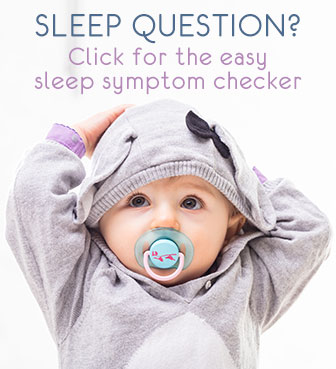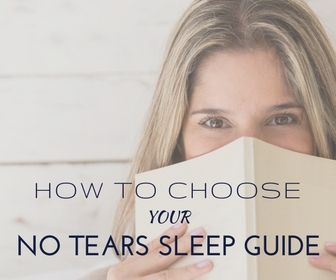External effects on infant sleep patterns
Author Name: Heidi Holvoet, PhD
Infant sleep patterns are not only what baby is born with and develops naturally, but from research we know that also personality, cultural differences and circumstances at home influence sleep patterns :
-
Baby's
temperament
: easy-going babies who are happy overall,
usually in a good mood and sociable often sleep more and better than
their moodier peers.
Of course, sleeping sufficiently also has a positive effect on baby's mood, so there is a bit of chicken-and-egg here too. -
Baby's
parents
: Parents with a natural calm, who live rather
regularly and restfully, have a positive effect on their baby's sleep
patterns.
If you are a busy person, or often nervous by nature, you can help your baby with a regular routine and trying to include restful moments where possible.
I know it's easier said than done, but if at all possible, try relaxing - maybe with some simple relaxation techniques . The effect on your baby's sleep patterns can be huge. -
How
stimulating or busy baby's day is
:
Babies who have very active days, with a lot of activities, noise and
people around, tend to sleep less and for shorter stretches. Of course
no need to ban all activity from baby's life: activities are also good
for her development and above all for fun!
Ideally, baby's environment will be peaceful and restful, but with several fun activities specked throughout the day. -
Baby's
culture
: Cultural
differences also affect baby sleep patterns, as many studies have
shown.
Differences range from where baby sleeps (in parents room/bed or not), when she goes to sleep (early or late nights), is being carried (from all day in a baby sling to never) to how much parents tend to entertain their baby (from constantly offering stimulating toys to 'leave be'). -
Baby's
food
: Both
breast feeding and bottle feeding have their influence on infant sleep
patterns. Neither one of them is good nor bad; they're just different.
Breast feeding is ideally adjusted to baby's needs: it is light and easily digested. It does make young babies sleep relatively lightly which is an advantage since easy arousal is important when very young. Parents usually do not report poor sleep due to breastfeeding.
Breastfeeding hormones are found to help regulate baby's sleep as they make baby drowsy and sleepy.
Formula feeding is heavier and, with a full stomach, baby may sleep a bit longer on average. Over-feeding is possible though and may make baby sleep longer than she naturally would, which is not ideal in very young babies. Always avoid huge feeds as last before bed and ensure to monitor your baby closely.
Formula is not a guarantee, or 'magic trick' for sleeping through: many parents have tried, or have been advised, to switch from breastfeeding to formula hoping for longer nights. Sadly the effect is often the reverse: digestive issues often make sleep more difficult.
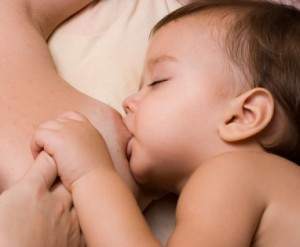
Refer to the baby sleep patterns page for further practical tips on how to steer your child's natural infant sleep patterns.
Article Author: Heidi Holvoet, PhD - Founder, senior sleep consultant
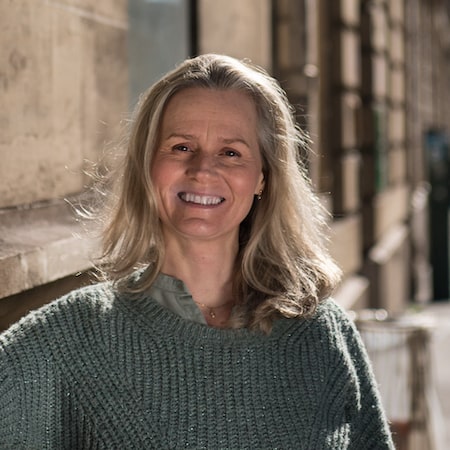
Heidi Holvoet, PhD, is the founder of the Baby Sleep Advice website and movement, an award-winning author, baby & toddler sleep consultant with 15+ years experience as well as a certified lactation counselor.
Over the years, Heidi has received several awards inluding a Mom's Choice Award (MCA) and National Parenting Awards (NAPPA) for her Baby Sleep Advice website, programs and books. Also, Baby Sleep Advice was awarded "Most Trusted Infant's Sleep Solutions Company 2023" in the Benelux Enterprise Awards 2023.
Heidi continually conducts personal research and participates in continued education and in that way stays up to date with current scientific and pyschosocial infant care.
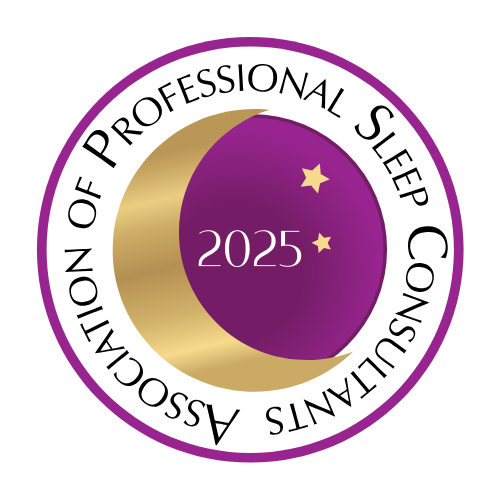
She is also a member of the Association of Professional Sleep Consultants of which she was one of the earliest contributors. She obtained her PhD degree in physics at the University of Ghent in Belgium.
Heidi is passionate about helping babies and their parents sleep more and better, with her trademark approach that has been proven and praised time and again by parents worldwide to be effective and truly no-tears. Respect for you as a parent and your baby, is at the heart of Heidi's warm and kind support. Her approach always keeps in mind a baby's needs and abilities at any given age, is based on pediatric science and the most up to date knowledge in infant care and sleep science.
As well as the award-winning baby sleep programs, Heidi offers popular 1:1 consults and easy-access 30-minute SOS Sleep sessions.
Back to Sleep facts & guidance
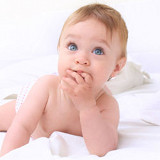
Baby waking every hour?
by Heidi Holvoet, PhD
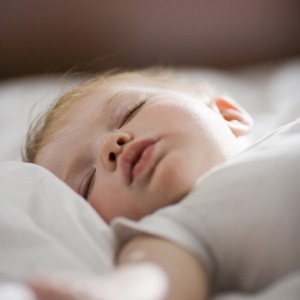
Sleep schedules by age
by Heidi Holvoet, PhD
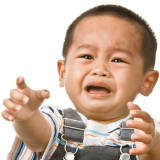
Separation Anxiety
by Heidi Holvoet, PhD
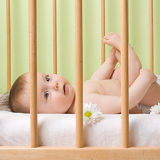
Crib safety guidelines
by Heidi Holvoet, PhD
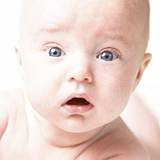
Why does my baby wake up every hour?
by Heidi Holvoet, PhD

